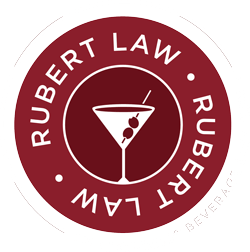Tax and compliance errors can prove to be costly to your brewery. Fortunately, most of them are easily avoidable if you know what to watch out for.
Here are four types of common errors the Alcohol and Tobacco Tax and Trade Bureau (TTB) encounters from breweries. These are based on the errors most commonly found during audits:
1. Records
You need to keep detailed records of operations and inventories. You must ensure these, as well as all necessary supporting documentation, are up to date. When starting out, putting a clear filing system in place can reduce the risk of being unable to find all documentation needed when required.
2. Production and inventory
You need to keep an accurate account of everything you bring in, create, send out or have sent back to you. Storage, measuring and testing devices must be marked, tested and calibrated according to the required standards to help prove that your inventory is accurate.
3. Taxes
You must file tax returns, even if you believe you do not need to pay tax. You must do so on time and pay what you owe on time. Tax forms can be complex but completing these accurately is important, so do not be tempted to guess.
4. Reporting
Finally, you need to report on what you do with your product. If you produce more than 10,000 barrels of beer each year, you must submit the Brewer’s Report of Operations (BROP) on a monthly basis. Breweries and brewpubs producing less than this still must file the BROP, but on a less frequent basis. Filing the BROP late or failing to file at all is one of the most common reporting issues. Another common reporting issue is failing to notify the TTB before destroying beer. If you destroy your beer, you must submit a written Notice of Intent (NOI) ahead of time.
If you make tax and compliance errors, the TTB could place restrictions on your business, issue fines or more. It is better to proactively seek legal advice. That way, you can ensure you understand and comply with all requirements and reduce the chance of problems arising.
